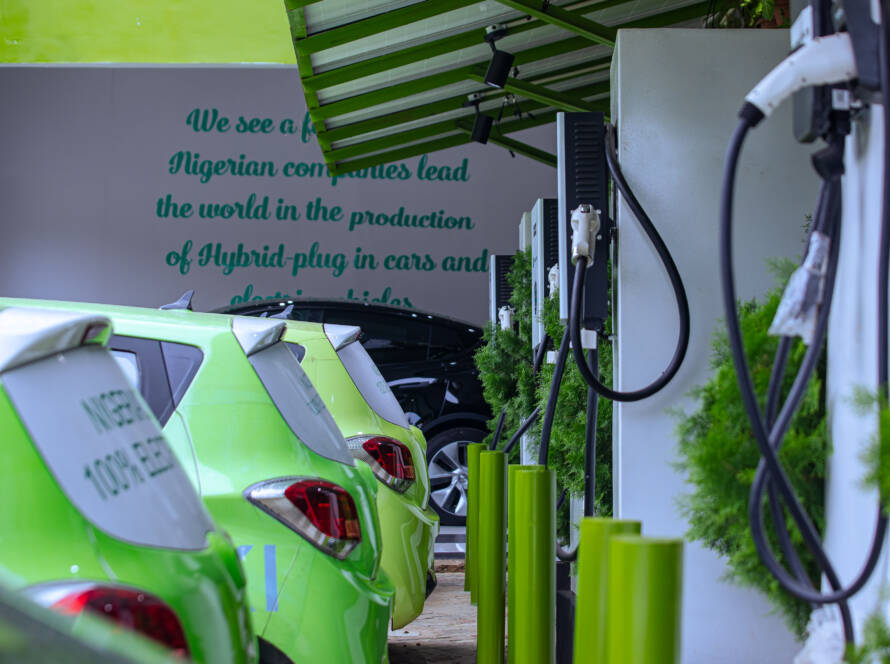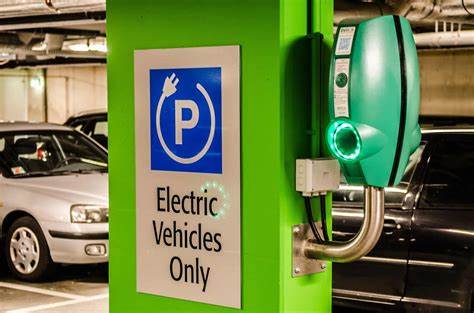Electric vehicle represent the future of transportation worldwide, and Nigeria is no exception. At Possible EVS, we’re driving the shift toward sustainable mobility with EV models specifically designed for the Nigerian market. Here are seven reasons why your next car should be an EV.
1. EVs Can Tackle Nigeria’s Environmental Challenges
Transportation emissions account for a large percentage of air pollution in Nigeria, particularly in cities like Lagos, Abuja, Kano, Kaduna, etc. Electric vehicles produce zero tailpipe emissions, which means their widespread will significantly reduce the harmful air pollutants that contribute to respiratory diseases and environmental degradation. As our country continues to urbanize, adopting EVs is a crucial step in improving air quality, especially in congested urban centers. EVs don’t just reduce global greenhouse gases—they make immediate local environmental improvements.
2. EVs Will Save You Money on Fuel
Our country is known for its fluctuating petrol prices, as the fuel subsidy regime has finally been abolished. Powering your vehicle with electricity can save you up to 70% on fuel costs compared to petrol. Given the cost of electricity in Nigeria (about ₦200 per kWh), EVs are undeniably more cost-efficient, particularly for daily commuters. And with Possible EVS’s planned network of home charging options, you’ll enjoy the convenience of charging at home without relying on expensive fuel stations.
3. Lower Maintenance Costs and Fewer Breakdowns
If you’ve ever had to deal with the cost of maintaining an internal combustion engine (ICE) vehicle—oil changes, exhaust systems, radiators, and transmission repairs—you’ll appreciate the simplicity of an EV. EVs have fewer moving parts, which means there are fewer things that can go wrong. This translates to lower maintenance costs over time. In Nigeria, where mechanics and replacement parts can be a hassle, EVs offer a more reliable and lower-cost solution.
4. EVs Help Combat Fuel Scarcity and Long Queues
Nigeria has long struggled with fuel scarcity. Frequent long queues at petrol stations due to shortages is the norm . With an EV, you no longer have to worry about this. Electricity is more readily available across most Nigerian cities, and it’s far easier to plug in at home or at work. As Possible EVS develops Nigeria’s first public charging stations, we’re making charging even more convenient and accessible. Imagine never having to queue for fuel again!
5. EVs Improve Urban Public Transport Systems
EVs aren’t just for personal use—they have the potential to transform Nigeria’s public transport sector. Possible EVS is rolling out the first batch of electric BRT buses that will significantly reduce pollution and make urban travel cleaner and quieter. Electric buses lower operating costs for cities and transport authorities, which could lead to more affordable fares and improved public transport services. For densely populated areas, EVs will play a key role in developing sustainable, efficient transit systems.
6. EVs Create Green Jobs and Stimulate Economic Growth
Nigeria’s economy stands to benefit immensely from the EV transition. An EV assembly in Nigeria will create hundreds of new, high-paying jobs in engineering, manufacturing, and energy sectors. Beyond just importing EVs, we’re working on local solutions, from battery recycling to sustainable energy storage. The economic benefits of EV adoption will ripple across industries, fostering innovation and strengthening the country’s energy independence.
7. EVs are Silent, Smooth, and a Joy to Drive
Anyone who’s ever driven an electric car can tell you—it’s a completely different experience. The instant torque and quiet operation make EVs not only efficient but fun to drive. Whether navigating the country’s busy traffic or enjoying long highway stretches, the smooth acceleration and silent motor provide a premium experience that traditional vehicles simply can’t match.
The Road Ahead: EVs Are Nigeria’s Future
At Possible EVS, we believe that EVs are key to Nigeria’s future. With a commitment to decarbonizing the transport sector, we’re building a more sustainable and accessible future for all Nigerians. Whether you’re an individual or part of a business fleet, now is the time to make the switch.


